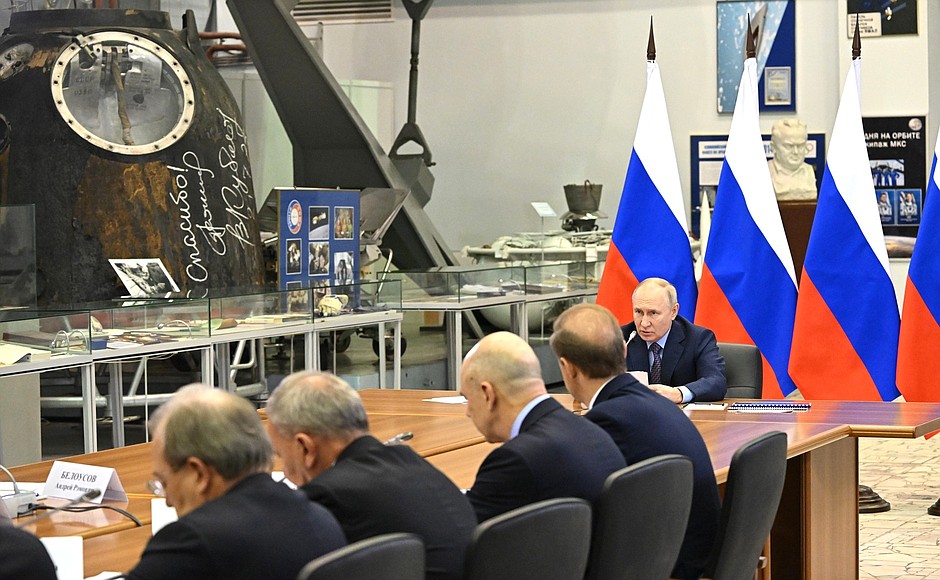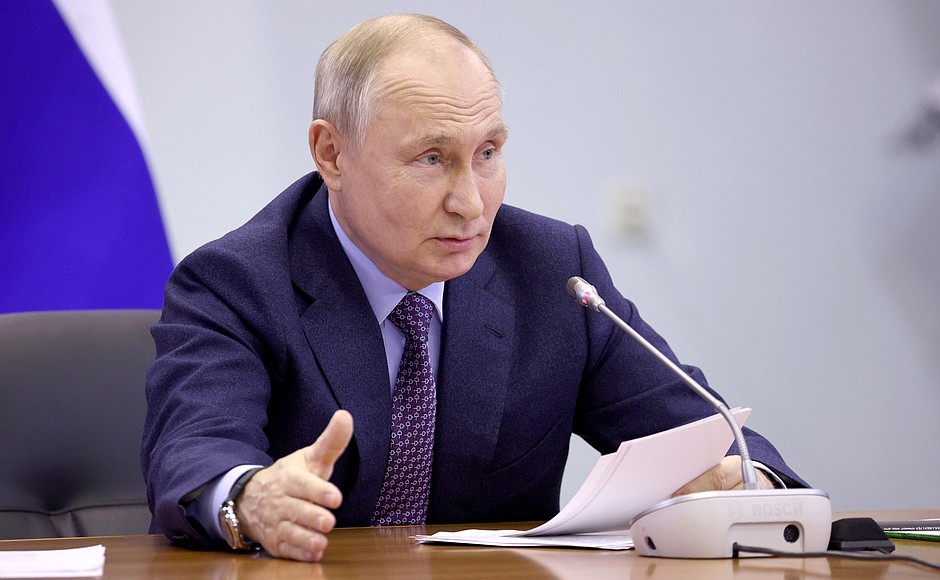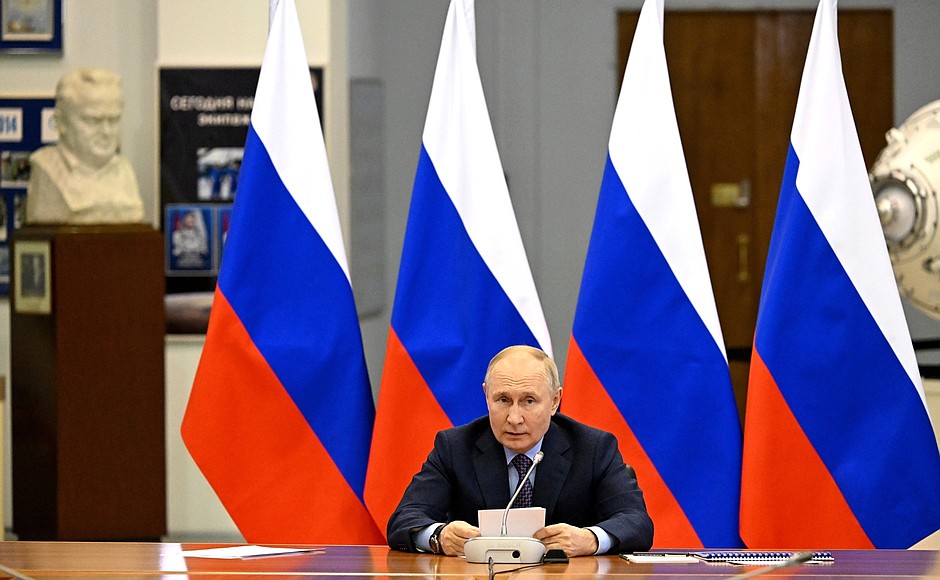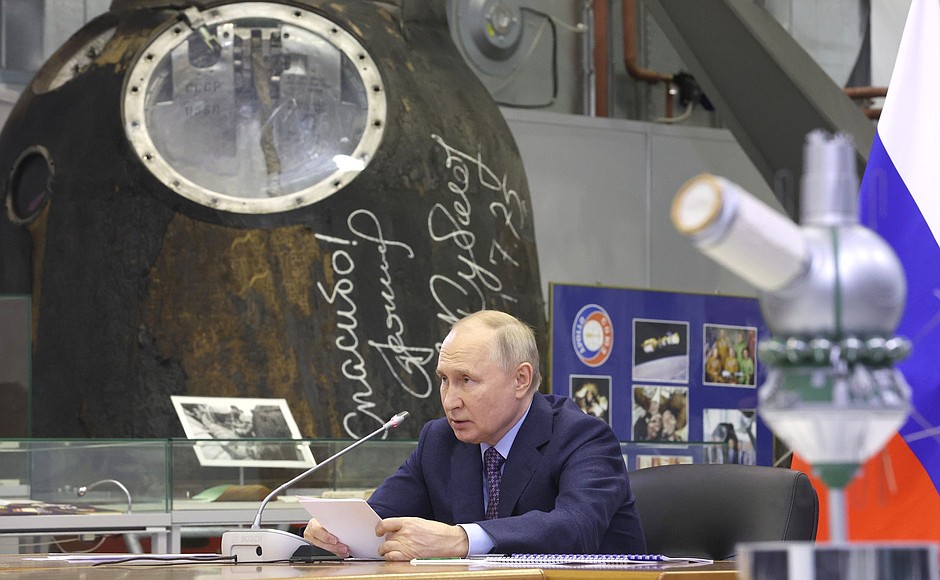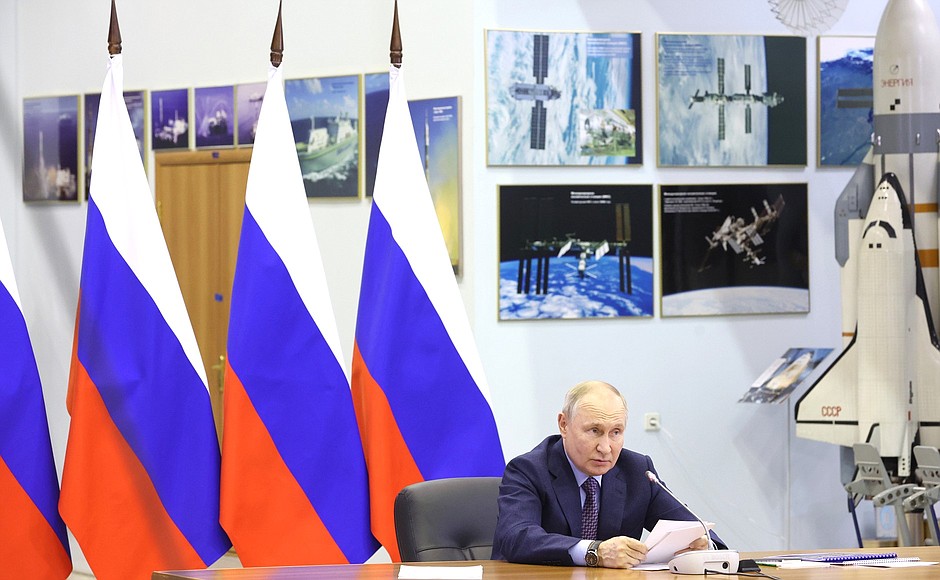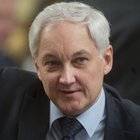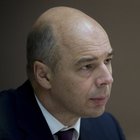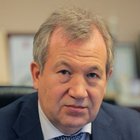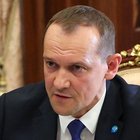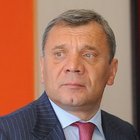The meeting took place at the Korolyov Rocket and Space Corporation Energia in Korolyov, Moscow Region.
Attending the meeting were First Deputy Prime Minister Andrei Belousov, Deputy Prime Minister – Minister of Industry and Trade Denis Manturov, Presidential Aide Maxim Oreshkin, Minister of Finance Anton Siluanov, Minister of Digital Development, Communications and Mass Media Maksut Shadayev, President of the Russian Academy of Sciences Gennady Krasnikov, Head of the Federal Medical-Biological Agency Veronika Skvortsova, Head of the Federal Service for State Registration, Cadastre and Cartography Oleg Skufinsky, Deputy Defence Minister Alexei Krivoruchko, Deputy Minister of Natural Resources and Environment Sergei Anopriyenko, Deputy Minister of Economic Development Maxim Kolesnikov, Deputy Minister of Agriculture Yelena Fastova, Director General of the Roscosmos State Corporation for Space Activities Yury Borisov, Chief Designer and Deputy Director General of the Korolev Rocket and Space Corporation Energia Vladimir Solovyov and First Deputy Director General for the Nuclear Weapons Sector of the Rosatom State Atomic Energy Corporation Oleg Shubin.
* * *
The President’s opening remarks at the meeting on the development of the space sector.
President of Russia Vladimir Putin: Good evening, colleagues.
Today, we will discuss new steps and plans to develop the national rocket and space sector. First of all, we will discuss ways to unlock our potential for using near space, near-Earth orbit, mobilise our rocket and space industry more effectively as a resource to develop our economy and our regions, and also create fundamentally new opportunities for the people of the Russian Federation. It is necessary to significantly expand the availability of key space services for people, businesses, and government entities at all levels in the near future, including high-quality communications coverage across the entire territory of our countryas well as geo-information products and technologies in the field of terrestrial remote-sensing programmes. These services pave the way for more effectively addressing objectives in the field of environment and climate change, for developing our territories and expanding transport and logistic corridors, including the Northern Sea Route.
I would also like to add that the use of space services significantly accelerates development, increases the capacity of companies and entire sectors – including such promising industries as robotics, data economy, as well as unmanned vehicles.
I would like to note that we are already working on unmanned aircraft systems under a respective national project. It is a comprehensive approach that makes our combined efforts to develop this new sector of the domestic economy more effective, and ensures intersectoral consideration of issues of its development. The national project will also help to gather the unique competencies of our scientific and engineering schools, the resources of the state, private business, and the education system into a concentrated force.
I believe we need to use the same approach to promote growth in the domestic space industry. In this regard, I would like to ask the Government to develop and approve the relevant national project by July 1, 2024, with the aim of forming a powerful and sovereign domestic industry of space services, technologies, and products. When developing such a project, it is important to make the goals as specific as possible; identify clear tasks that can be solved using space and the parameters of space services provided to consumers; establish clear rules that meet the challenges of the time and an up-to-date regulatory framework; and reduce regulatory barriers. I have just met with young specialists from the industry, and they asked several questions that had to do with reducing regulatory barriers.
And, of course, effective steps need to be taken in order to ensure that domestic services are high-quality and globally competitive.
I would like to underscore that the new national project should rely on up-to-date financial and organisational mechanisms, including the diversification of funding sources and the attraction of private investment to the space sector. To do this, it is imperative to offer effective incentives to expand private companies’ involvement in the domestic space industry’s development.
Colleagues,
We need to ensure close cooperation between the state and business to significantly expand the existing Russian satellite constellation in the shortest possible time, leading to the creation and use of our own multi-satellite constellations, as experts call them.
What, in my view, is needed for this?
First, starting the batch production of spacecraft, transitioning to their conveyer assembly. Mr Borisov and I discussed this topic in our discussions on advancing the Russian space industry and space exploration.
I know that both Roscosmos and private companies – representatives of those companies have just spoken about this – are pursuing this work. I ask the Government to think over how to speed up to the maximum degree the development of our production capacities in this sphere.
Generally, it is important to use the potential of private businesses to the utmost and give them wider access to testing grounds and other infrastructure needed for manufacturing and testing satellites and their components. This will certainly make it possible to expedite the transition from an innovation to mass-produced products.
Second, it is necessary to achieve a considerable, or, to be more precise, a radical reduction in the cost of delivering spacecraft to the near-earth orbit, create the necessary infrastructure for mass-scale launches of satellites, including small spacecraft, and provide private technological companies with access to the infrastructure.
I would like to stress that this is a mandatory and fundamental condition for an accelerated, fast-track development of the space services market. These matters should also be taken into consideration during the effort to create our new rocket equipment.
Third, in order to attract investment to finance the creation of satellite constellations in orbit and ensure the payback on these major projects, it is necessary to be clearly aware of what specific products – data, communications services, or other services – will be needed by public and private customers both now and in the long term.
In effect, we are talking about generating a long-term order for space services. Therefore, I think it is necessary, already now, to envisage and include the use of these services in state programmes and infrastructure development plans, as well as the development plans for regions, industries, and even individual plants. And, of course, customer requirements and therefore the quality of services provided to customers should constantly grow.
On a related note, the fourth point. As in all the other sectors of the economy, in the space industry we must strive for developing competition, building market mechanisms and creating real opportunities for private companies in space to compete for state orders.
Currently, it is rather difficult for them to fight their way through, mainly because state-run bodies usually receive Roscosmos services and products at no cost. Of course, this practice distorts the competition and demotivates Roscosmos against improving the quality of products. Therefore, I suggest that you consider providing Roscosmos services on a fee-paying basis and use the compensation for developing satellite groups.
The fifth point. The markets in Asia, Africa and Latin America are growing more rapidly these days. Our partners in the CIS, the EAEU, the SCO, BRICS and other associations also have large-scale socioeconomic plans. They are ready to form new segments of the economy and boost their technological potential. And, of course, Russia should support their endeavours and we have much to offer. I believe it is important to actively develop exports of our space products and services. I would like to ask the Government to present specific proposals on proceeding with this work.
Colleagues,
Now I want to speak about the key component of the national project for the development of the space sector of the Russian economy – and our space industry in general. This key component is, of course, trained personnel, scientists, designers, engineers and other professionals that our space industry is known for.
We must offer competitive solutions for improving the quality of training in the space industry, also in view of completely new jobs and technological fields that are emerging. At the same time, we must create conditions for school and university students and young people in general to be able to participate in real projects and get involved in practical tasks. It is also necessary to expand the existing programme for assembling school satellites to colleges and universities. It would be a good idea to create student design bureaus and allow higher education institutions to conduct space research. Additionally, we must develop educational projects so that our younger generations would dream of joining the space industry and working in this industry of the future.
(Addressing Yury Borisov) Mr Borisov, a young man proposed holding annual competitions in space innovation. I believe we should support it. It may grow into something really good.
Certainly, all the measures of support available to young professionals in the space industry are important, including higher wages and housing opportunities. Look, I was reviewing documents before this meeting. The wages of workers at regional space facilities are below the mean wage. Frankly, I was surprised. It is below the mean wage in the regions. I realise that we cannot resolve this sort of issue at the drop of a hat, but senior managers and the Government must pay attention to it. Speaking about housing, we have a substantial number of concessional mortgage categories, but space industry workers do not fall into any of them. And this despite their wages being rather modest. It is not a way to retain workers. I would like to ask the Government to develop additional measures to improve the situation.
As I have already said, we raised all these issues at a meeting with young specialists and scientists working in the rocket and space industry. I would like to emphasise a particularly valuable aspect: they have inherited the main qualities from the founders of our space industry, the ability to achieve ambitious goals and to serve our Fatherland. They are dedicated to their work, and we need to take care of such people and to retain them in the sector.
According to our colleagues, the creation of a Russian orbital station will become a new and significant step by this country in the field of space exploration. I agree that we need to quickly adopt decisions on this issue. All meeting participants are familiar with the matter. Nevertheless, I would like to say that, this coming November, we will mark the 25th anniversary of the International Space Station (ISS) which is now in orbit. According to initial plans, it was to have completed its mission next year. Since the ISS is unable to function without Russian competences, we have extended our involvement in the project until 2028.
Obviously, this is only a temporary and interim solution. As a leading space power, Russia should look far ahead, heed the objectives of our long-term sovereign development and, of course, efforts to ensure our national security. This is exactly why our specialists have started developing the specifications of our own Russian orbital station and its performance.
Undoubtedly, such high-level projects should heed all advanced science and technological achievements and possess a potential for accomplishing future objectives. Our orbital station should become Russia’s outpost for studying and exploring the universe. Of course, it should also ensure our interests in the security and economic spheres to the greatest possible extent; we have just discussed this issue with the sector’s top managers. Today, the ISS orbit is inclined at 51.6 degrees to the Equator, and you suggested that our station’s orbital inclination should be 96 degrees. That way it would cover the entire territory of the Russian Federation.
Chief Designer and Deputy Director General of the Korolev Rocket and Space Corporation Energia Vladimir Solovyov: Absolutely, the entire territory.
Vladimir Putin: Absolutely, the entire territory. Of course, this matter is of paramount importance for us since the station’s operation will produce an entirely different effect.
Today, I suggest that we discuss long-term and applied objectives in detail. This includes objectives that can be addressed using the station’s potential. I also suggest that we talk about key financial and technical aspects of implementing this large-scale project.
Let us get down to work. I give the floor to the Roscosmos head, Mr Borisov.
<…>
